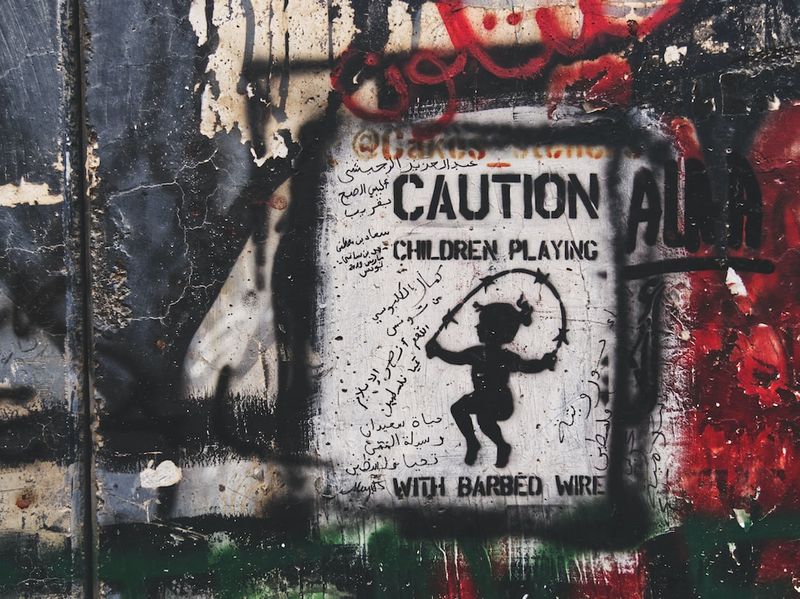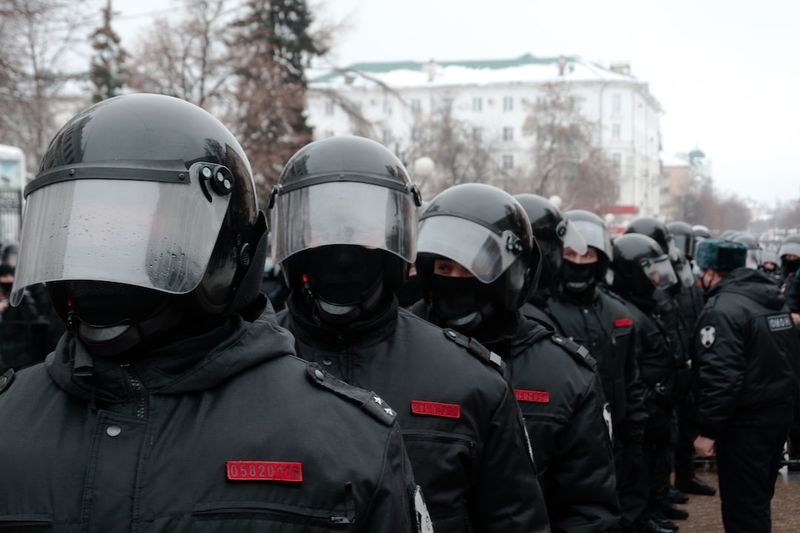US to Provide Ukraine with Cluster Munitions Despite HRW‘s Objections
In a controversial decision, the United States announced on Friday that it would be providing Ukraine with cluster munitions, despite a plea from Human Rights Watch (HRW) urging both Russia and Ukraine to cease their use of these deadly weapons. The US National Security Advisor, Jake Sullivan, defended the decision, stating that they had delayed making this choice for as long as possible, but ultimately believed that the potential harm caused by a continued Russian offensive outweighed the risks of providing cluster munitions.
A Deadly Package of Support
The US has committed to providing Ukraine with $800 million worth of weaponry to bolster their ongoing war efforts against Russia. This package includes cluster munitions, which are large weapons that break apart and scatter smaller weapons over a wide area, such as rockets, bombs, missiles, and artillery projectiles. The use of cluster munitions has drawn international criticism due to their indiscriminate nature and the difficulty in controlling the extent of damage caused.
While both Russia and Ukraine have utilized cluster munitions since the start of the war in February 2022, international human rights observers, such as HRW, have condemned their use. HRW recently emphasized the urgency of ceasing the use of cluster munitions in the conflict, as they pose a grave threat to civilian lives. Mary Wareham, the acting arms director at HRW, stated that these weapons are killing civilians presently and will continue to do so for years to come. She implored both sides to immediately halt their use and refrain from seeking more of these indiscriminate weapons.
The US Defense
Despite the objections and warnings raised by HRW, the US defended its decision to provide Ukraine with cluster munitions. Sullivan argued that although these munitions carry the risk of civilian harm from unexploded ordnance, the consequences of allowing Russian troops and tanks to overpower Ukrainian positions and subjugate more Ukrainian civilians were unacceptable to the US. According to Sullivan, there is a significant difference between the cluster munitions provided by the US and those used by Russia. He claimed that the US-provided munitions have a “dud rate” of only 2.5 percent, meaning they have a low chance of failing to explode upon impact. In contrast, Russian cluster munitions have a dud rate ranging from 30 to 40 percent.
However, HRW disputed Sullivan’s claims. They argued that the cluster munitions that the US plans to send to Ukraine are over 20 years old, scatter over large areas, and are notorious for their high failure rate, thus remaining deadly for years. While none of the three parties involved—Ukraine, Russia, or the US—are signatories to the 2008 Convention on Cluster Munitions, the UN Office of the High Commissioner of Human Rights has previously stated that the use of cluster munitions may still violate international humanitarian principles governing the conduct of hostilities. In other words, the use of cluster munitions may amount to war crimes.
International Contentions and the Role of NATO
Despite the potential risks associated with cluster munitions, President Joe Biden and his national security team unanimously decided to fulfill Ukraine‘s request for these weapons. Sullivan claimed that US allies supported this decision in anticipation of an upcoming NATO summit. However, Germany and France, who are members of NATO, expressed their opposition to providing cluster munitions due to being signatories of the 2008 convention. This raises questions about the unity and cohesion within NATO and the implications for the alliance’s approach to conflict situations.
Editorial Exploration and Advice
The decision to supply Ukraine with cluster munitions amidst objections from HRW and opposition from NATO members is a complex and ethically challenging issue. It raises crucial questions about the role of humanitarian principles and international norms in conflict situations. The potential harm to civilian lives caused by cluster munitions cannot be understated, as these weapons have a history of causing significant casualties, even long after the initial attacks have occurred.
The argument put forth by the US, emphasizing the need to counter the threat posed by Russia, highlights the difficult trade-offs between protecting civilian lives and preserving national security interests. While it is essential to support Ukraine‘s defense efforts against Russian aggression, it is crucial to find alternative means to do so that adhere to international humanitarian standards.
The objections raised by HRW and the opposition from Germany and France, as signatories to the 2008 Convention on Cluster Munitions, underscore the importance of respecting international norms and agreements. Further dialogue and negotiation are necessary to address these contentions and ensure that humanitarian considerations are at the forefront of decision-making processes in conflicts.
As tensions continue to escalate between Ukraine and Russia, it is vital for all parties involved to prioritize the protection of civilian lives and work towards a peaceful resolution. This includes a commitment to refraining from using weapons that cause indiscriminate harm, such as cluster munitions.

<< photo by Jakob Rubner >>
The image is for illustrative purposes only and does not depict the actual situation.
You might want to read !
- Cluster Bombs Unveiled: Deciphering the US-Ukraine Controversy
- Robodebt Scheme Exposed: Unveiling the Final Report of the Royal Commission
- Robodebt Report Findings: Bill Shorten Applauds Long-Awaited Vindication
- “The Enigmatic Heist: Taylor Swift’s Dazzling Caper Unveiled in ‘I Can See You’ Music Video”
- Rapid Rise of Youth Talent at Accor as Rookie Winger’s Hat-trick Steals the Show
- “Serve and Smash: Breaking Boundaries – LGBTQ+ Tennis Stars at Wimbledon 2023”
- Ace of Streams: Your Ultimate Guide to Watching Wimbledon 2023 Live
- Exploring the Latest Updates: Unveiling Diablo 4’s 1.0.3 Patch Notes
- Vexed Vantage: Aston Martin Fumes Over Austrian GP F1 Outcome
- “Putin Propounds Global Influence in African Mediation Talks”
- “White House Shuts Out Trans Rights Activist Rose Montoya After Bold Advocacy”
Note: The title may not reflect the actual content of the article, but is intended to capture the attention and curiosity of readers.
- “Meghan Trainor’s Baby Name: An Editorial Exploration of Naming Trends and Celebrity Influence”
- A Closer Look at Trisha Paytas’ Involvement in the Colleen Ballinger Nude Photo Controversy: An Editorial Exploration




